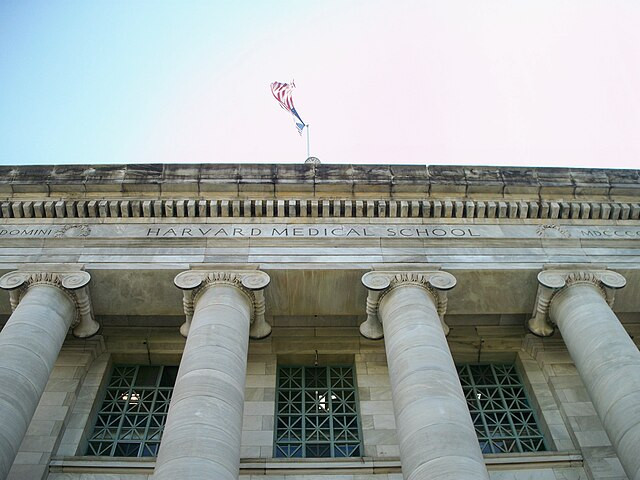A federal judge in Vermont on Wednesday ruled that U.S. immigration authorities cannot immediately re-detain Kseniia Petrova, a Russian scientist at Harvard Medical School, if she is released on bail from her pending criminal smuggling case in Massachusetts. The decision marks a significant turn in a months-long legal battle that has drawn criticism from immigration and civil liberties advocates.
Petrova, 31, has been held in custody since February, when she was stopped at Boston Logan International Airport and accused of smuggling undeclared frog embryos and embryonic samples into the United States. Her J-1 visa was revoked shortly after the incident, and she was placed in immigration detention before being transferred to federal custody on criminal charges.
President Donald Trump's administration is seeking to deport Petrova, who has worked in cancer research at Harvard for more than two years. The administration previously froze her ability to remain in the country and pushed for her removal following what they classified as a customs violation.
"I think it's ridiculous," Trump said recently, referring to Harvard's alleged failure to cooperate with federal authorities. "They got a lot of that [their funding] from the United States."
In court on Wednesday, U.S. District Judge Christina Reiss said Petrova posed no danger to the public and expressed concern over the government's conduct. "It was the government that revoked her visa," Reiss stated. "And it's essentially saying, 'We revoked your visa, now you have no documentation, and now we're going to place you in removal proceedings.'"
Kseniia Petrova, a Russian-born bioinformatician at Harvard Medical School, is the irreplaceable architect behind computational tools analyzing 100,000 microscope images, critical to groundbreaking cancer and aging research.
Her detention by ICE since February — triggered by an… pic.twitter.com/DKBbGYH4S4 — NowThis Impact (@nowthisimpact) April 22, 2025
Petrova's attorney, Gregory Romanovsky, argued that her arrest was based on a misinterpretation of customs law. "The Immigration and Nationality Act does not contain a provision that makes one inadmissible for committing a customs violation," he said.
Prosecutors allege that Petrova initially denied carrying biological material but later admitted to having frog embryos. They also cited a text message in which Petrova wrote, "No plan yet. I won't be able to swallow them," referring to sneaking the embryos into the U.S. Romanovsky countered that her samples were chemically treated, inert, and did not require a permit under U.S. Customs regulations.
Scientific colleagues testified on her behalf, including Dr. Michael West, who stated that the samples were nonhazardous and had "no commercial value." Harvard professor Marc Kirschner said Petrova played a pivotal role in developing microscopy tools in their lab.
Petrova wrote in a New York Times op-ed that she was returning from Paris when detained and feared persecution if deported to Russia, citing her criticism of the war in Ukraine. "I'm told this would normally result in a warning or a fine," she wrote. "Instead, my visa was revoked, and I was sent to a detention center in Louisiana."
Although the Vermont court's ruling blocks an immediate re-arrest by ICE, Petrova remains in U.S. Marshals custody. Her release depends on bail approval from the District of Massachusetts, where her smuggling case will proceed. A hearing on those terms is expected next week.




